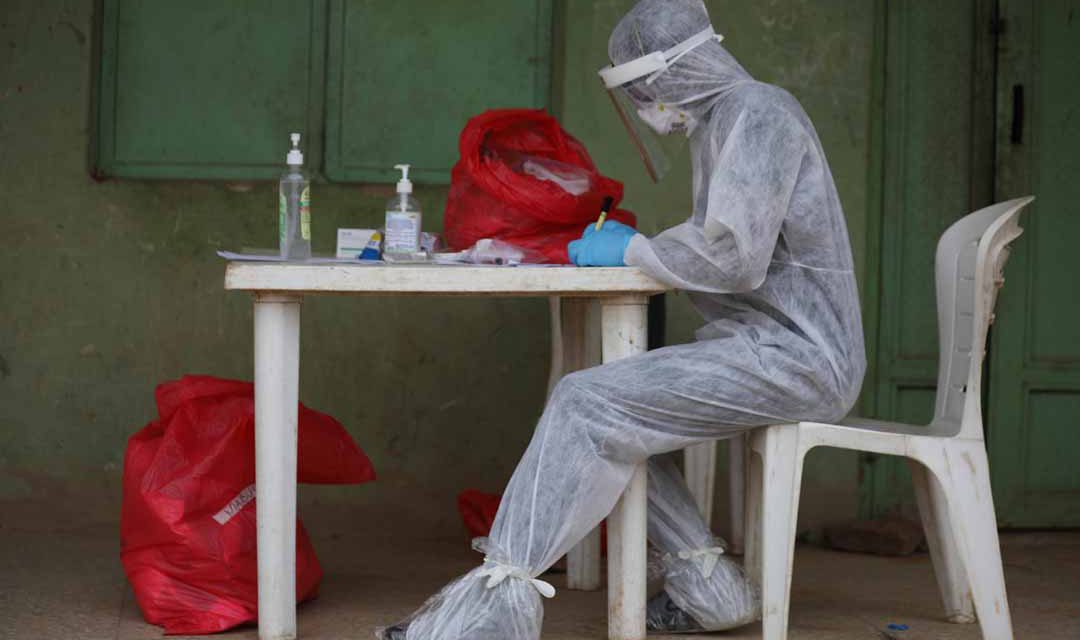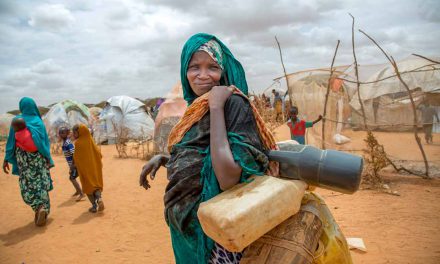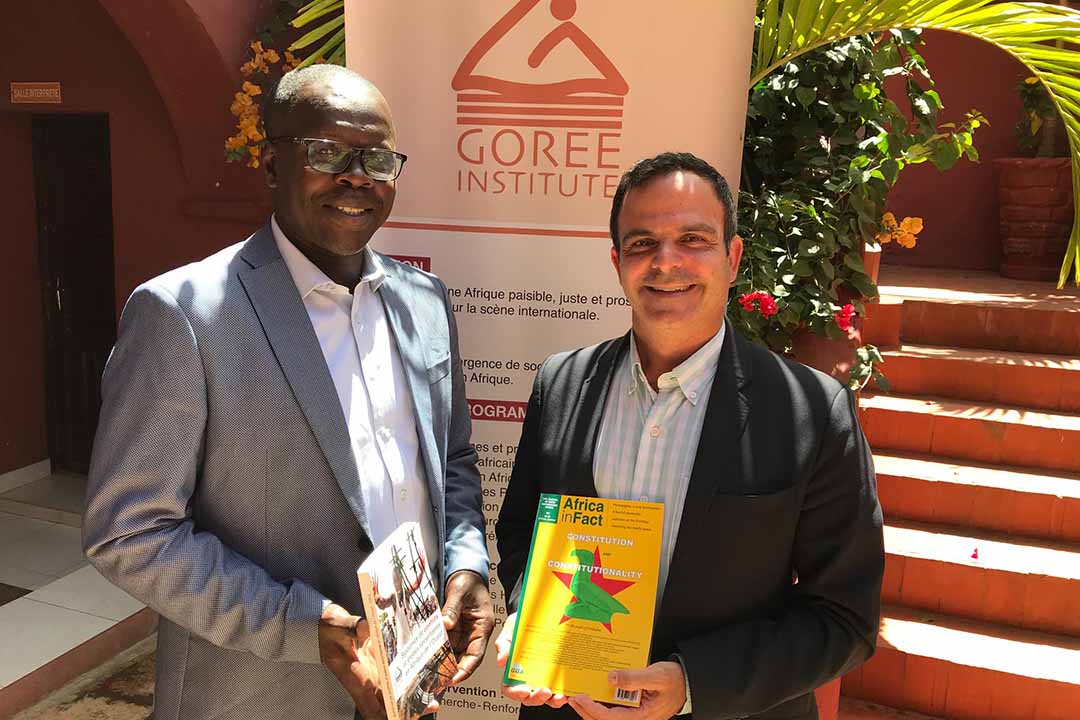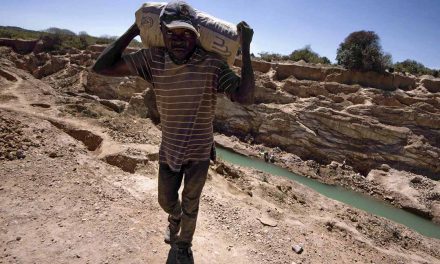Nigeria: the long haul
The West African country’s frontline healthcare workers have gained a wealth of experience with Lassa fever and other pandemics, so it’s about getting on with the job
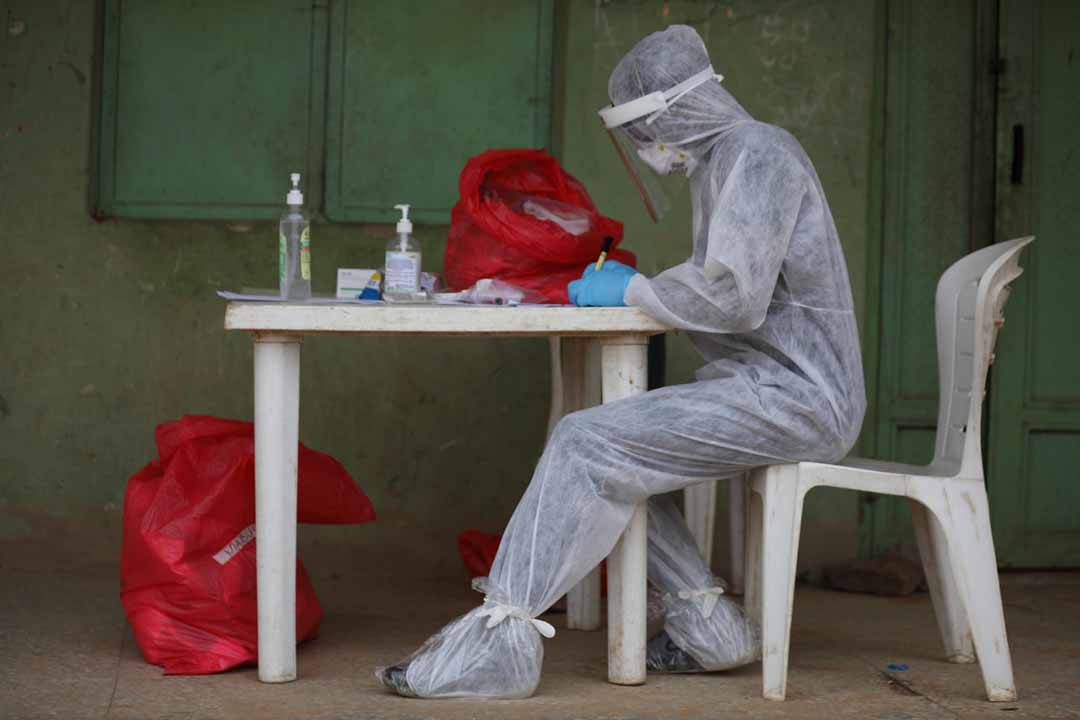
Widely referred to as Dr Biddie among his peers and other healthcare workers, Ayodele Bidemi knows the emergency department of Nigeria’s first teaching hospital, the University College Hospital Ibadan, inside out. He has spent nearly two decades in the tertiary health facility as a student, house officer and clinical resident, but COVID-19 has been nothing like anything else he and his colleagues at the unit have had to deal with – both in terms of stress and the risk to their own health. During the early days of the pandemic, when community spread was not yet underway, there was very little information on the pandemic, and the hysteria around the disease meant that more people visited emergency rooms like the one where Bidemi works.
“Patients would say, ‘I have a cough or fever, I may have COVID-19’. Having a cough or fever doesn’t mean someone has COVID-19, as it may be a symptom of stress, but patients are not like that,” Bidemi said. “Because of the hysteria created around COVID-19, when people started coughing, they came to the hospital.” And as the outbreak shifted from individual imported cases to community spread, the unit had to evolve new means of keeping its workers safe, while also meeting the emergency healthcare needs of the city. “The Accident and Emergency Unit was barricaded at some point to limit the movement of people. We had only one entry and one exit point. Back then, if a patient was brought to the casualty section and had Covid-like symptoms, they would not be handled or admitted, but would be sent to the dedicated COVID-19 isolation centre in another part of the city,” Bidemi told Africa in Fact.
This approach was to prevent exposing other patients and health workers to the disease while also attempting to ensure that emergency care for accident victims and others was not disrupted. The paucity of PPE has been a well-reported global phenomenon that also challenged health institutions in Nigeria. “Initially, we reserved the available masks for those who came into contact with patients, because we were not sure when we would get our next supply; KN95 masks became very expensive and hard to come by,” said Nurse Abimbola Oluseun, an emergency room (ER) nursing officer at Jericho Chest Clinic, a secondary health facility in the south-west region of Nigeria that was one of the first places where patients suspected of having COVID-19 were referred to and admitted.
With no certainty when the next batch of PPEs would arrive at hospitals, clinics and individual health workers had to find other means of protecting themselves, leading to a wide array of face masks and ingenious deployment of new waste bags for PPE purposes. Bidemi said they took solace in the fact that even in countries where shortages were not as acute as in Nigeria, health workers were still testing positive for the disease. “It became obvious that health workers contracting the virus in spite of wearing PPEs likely got infected in the process of taking the PPEs off,” he said. “So we became very conscious of that essential step, irrespective of how many or how few PPEs we had.” Moreover, considering ERs cannot be quickly expanded, to achieve some form of social distancing, call duty rosters for various cadres of health workers were revised.
“Instead of the usual three shifts daily roster, it was reduced to two (8am to 6pm and 6pm to 8am),” Bidemi said. When the pandemic began, hospitals had to decongest wards, and patients who were not severely ill were quickly discharged, while those reporting to the ER for mild cases were given prescriptions and sent back home. Patients who could be managed at home were asked to go home. Despite these efforts, however, the ER workers were still at risk of exposure, especially by patients hiding their COVID-19 status. This was the case in several health facilities across Nigeria, including the University of Benin Teaching Hospital (UBTH) in Edo State, where 25 health workers were exposed to COVID-19 in early April after three patients who were rushed to the ER hid their travel history. By 27 August, Nigeria had recorded 53,317 cases of COVID-19, with 40,726 people discharged and 1,011 deaths.
Although lockdown measures have eased since they were imposed in March, the federal government announced on 6 August that the second phase of the eased lockdown would be extended by four weeks. As the numbers rise, doctors and other health workers at the frontline remain at risk. In June, the BBC reported that Nigeria’s National Association of Resident Doctors (NARD) had raised concerns about the number of infections and deaths among health workers, saying that 10 doctors had died. In Bidemi’s ER, four out of the group of six doctors had tested positive but had recovered and gone back to work. Although PPE supplies are still not as satisfactorily ubiquitous as desired, the fear of contracting the virus has subsided among health workers since it became apparent that those with comorbidities were at highest risk, and most of the health workers that tested positive for COVID-19 had recovered.
With lockdowns easing and movement increasing, the World Health Organization (WHO) Regional Office for Africa has said it expects the number of cases to continue to rise. But with a comparatively lower case fatality ratio (CFR) than several other continents, moving on seems possible as long as local health systems are not overwhelmed and health workers at the frontline are not overstretched. Bidemi noted that the government had made a number of promises to healthcare personnel regarding life insurance, but for now, all they had was a COVID-19 hazard allowance and hope that COVID-19’s CFR remains low. “We were here during the Ebola outbreak. It was contained. There is still a Lassa fever outbreak underway that nobody is talking about. Our consolation is that COVID-19 is yet another disease that we have to be very careful about and protect ourselves against,” Bidemi said.
“A part of me feels like even if I have COVID-19, I will be fine. If you look at the disease, there is no cure. What we currently have is supportive management. And people are getting better, including my colleagues across the country that tested positive,” Bidemi said. “At the ER, we are doing our best to strengthen our immune systems. So I will say that we are still lucky, and we just have to do our best for those who will need critical care. This is the reason we continue to work and save as many lives as we can,” he said.
Paul Adepoju is a Nigeria-based freelance journalist, scientist, academic, and author. He covers science, health, tech and development in Africa for leading local and international media outlets. He’s also the founder of healthnews.ng. He is completing a doctorate in cell biology and genetics and holds several reporting awards.

